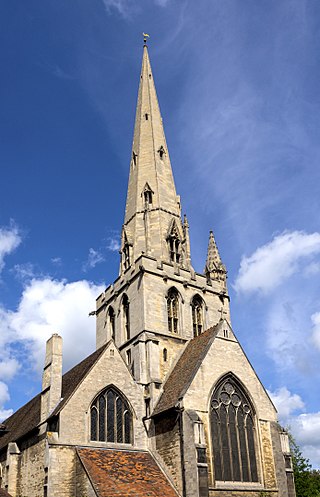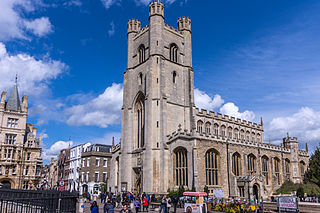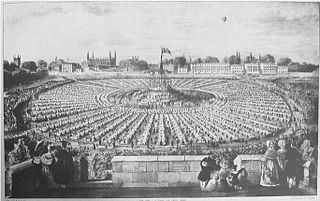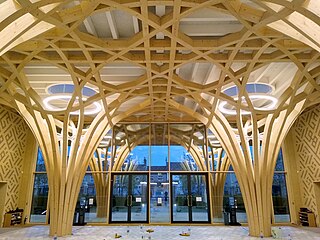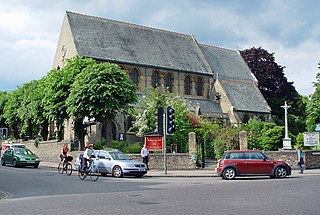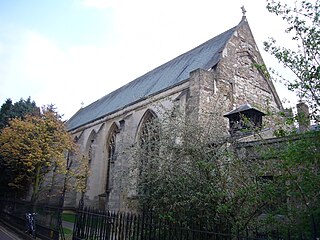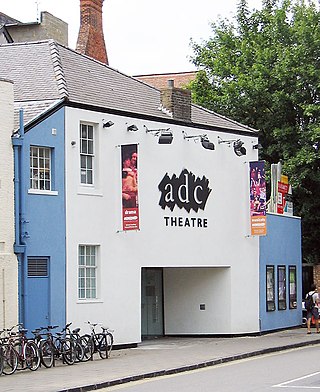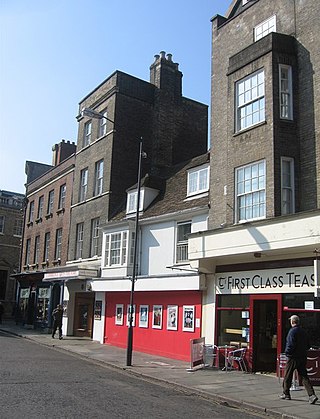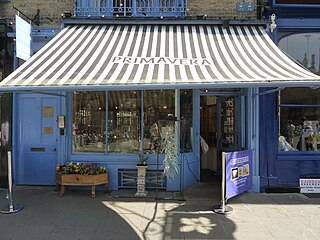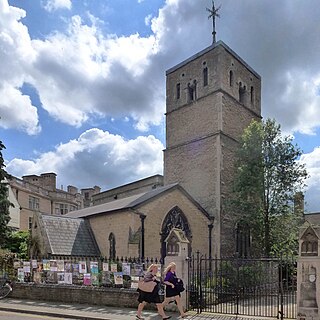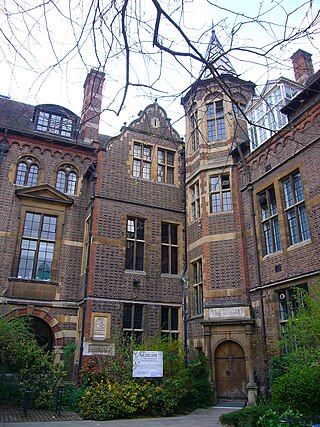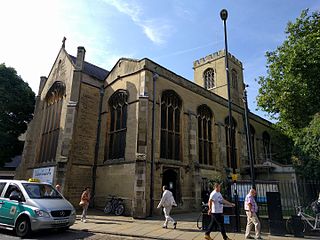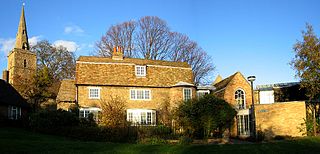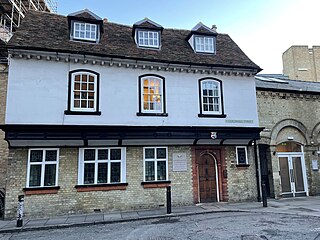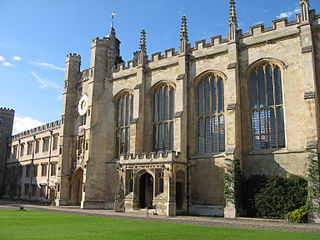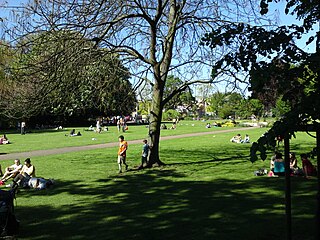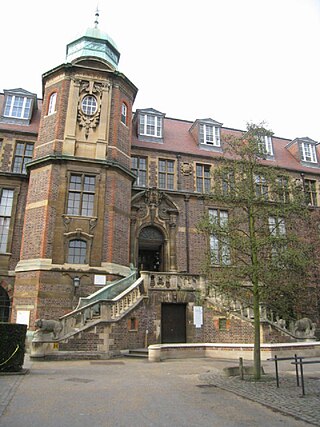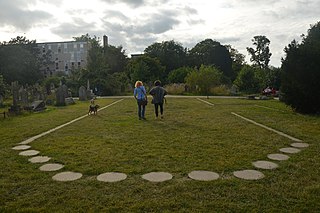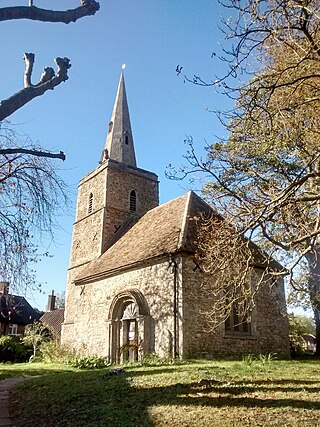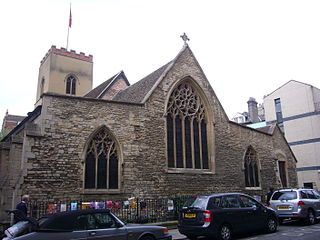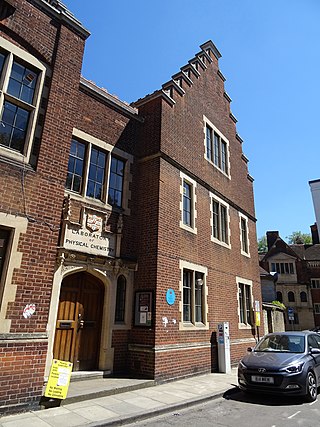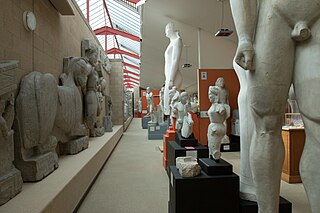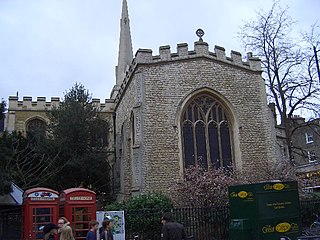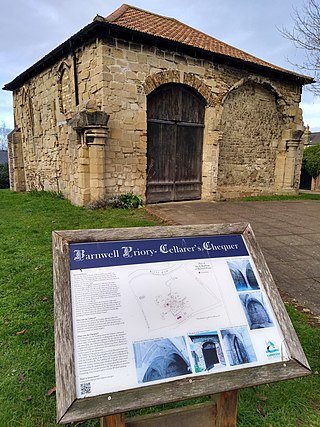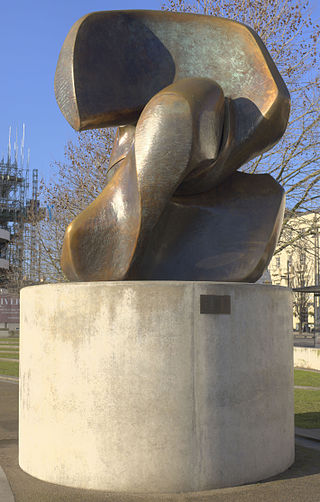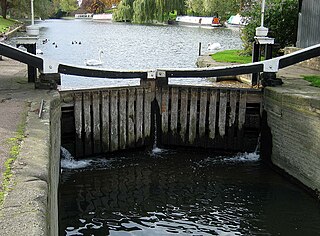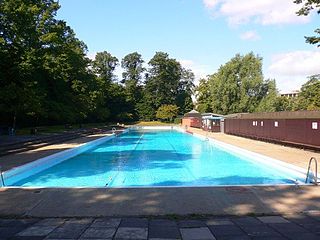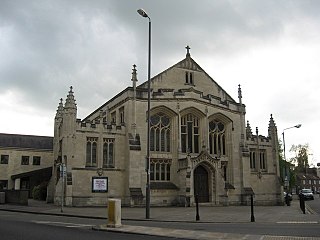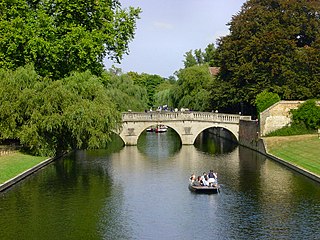36 Sights in Cambridge, United Kingdom (with Map and Images)
Legend
Welcome to your journey through the most beautiful sights in Cambridge, United Kingdom! Whether you want to discover the city's historical treasures or experience its modern highlights, you'll find everything your heart desires here. Be inspired by our selection and plan your unforgettable adventure in Cambridge. Dive into the diversity of this fascinating city and discover everything it has to offer.
Sightseeing Tours in CambridgeActivities in CambridgeThe Corpus Clock, also known as the Grasshopper clock, is a large sculptural clock at street level on the outside of the Taylor Library at Corpus Christi College, University of Cambridge, in the United Kingdom, at the junction of Bene't Street and Trumpington Street, looking out over King's Parade. It was conceived and funded by John C. Taylor, an old member of the college.
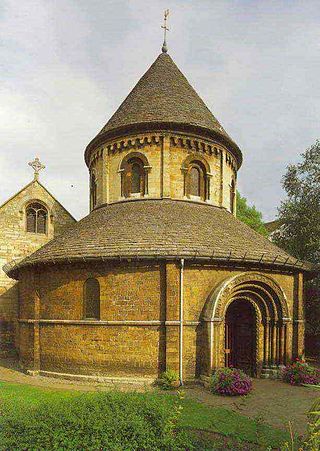
The Church of the Holy Sepulchre, generally known as The Round Church, is an Anglican church in the city of Cambridge, England. It is located on the corner of Round Church Street and Bridge Street. Since 1950 the church has been designated a Grade I listed building, and is currently managed by Christian Heritage. It is one of the four medieval round churches still in use in England.
Wikipedia: Church of the Holy Sepulchre, Cambridge (EN), Website
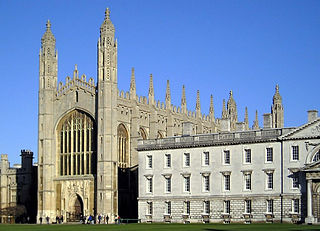
King's College Chapel is the chapel of King's College in the University of Cambridge. It is considered one of the finest examples of late Perpendicular Gothic English architecture and features the world's largest fan vault. The Chapel was built in phases by a succession of kings of England from 1446 to 1515, a period which spanned the Wars of the Roses and three subsequent decades. The Chapel's large stained glass windows were completed by 1531, and its early Renaissance rood screen was erected in 1532–36. The Chapel is an active house of worship, and home of the King's College Choir. It is a landmark and a commonly used symbol of the city of Cambridge.
The Bridge of Sighs in Cambridge, England is a stone covered bridge at St John's College, Cambridge. It was built in 1831 and crosses the River Cam between the college's Third Court and New Court. The architect was Henry Hutchinson. It is named after the Bridge of Sighs in Venice, although they have little architecturally in common beyond the fact that they are both covered bridges with arched bases. The bridge, a Grade I listed building, is a Cambridge attraction and Queen Victoria is said to have loved it more than any other spot in the city.
The Fitzwilliam Museum is the art and antiquities museum of the University of Cambridge. It is located on Trumpington Street opposite Fitzwilliam Street in central Cambridge. It was founded in 1816 under the will of Richard FitzWilliam, 7th Viscount FitzWilliam (1745–1816), and comprises one of the best collections of antiquities and modern art in western Europe. With over half a million objects and artworks in its collections, the displays in the museum explore world history and art from antiquity to the present. The treasures of the museum include artworks by Monet, Picasso, Rubens, Vincent van Gogh, Renoir, Rembrandt, Cézanne, Van Dyck, and Canaletto, as well as a winged bas-relief from Nimrud. Admission to the public is always free.
The University Museum of Zoology is a museum of the University of Cambridge and part of the research community of the Department of Zoology. The public is welcome and admission is free (2018). The Museum of Zoology is in the David Attenborough Building, formerly known as the Arup Building, on the New Museums Site, just north of Downing Street in central Cambridge, England. The building also provides a home for the Cambridge Conservation Initiative, a biodiversity project.
Wikipedia: Cambridge University Museum of Zoology (EN), Website
7. St Catharine's College (University of Cambridge)
St Catharine's College is a constituent college of the University of Cambridge. Founded in 1473 as Katharine Hall, it adopted its current name in 1860. The college is nicknamed "Catz". The college is located in the historic city-centre of Cambridge, and lies just south of King's College and across the street from Corpus Christi College. The college is notable for its open court that faces towards Trumpington Street.
8. All Saints' Church
All Saints' is a church on Jesus Lane in central Cambridge, England, which was built by the architect George Frederick Bodley. The church was constructed in stages between 1863 and 1870 and is a notable example of English Gothic Revival style. It was designated Grade I listed building status in 1950. It was vested in the Churches Conservation Trust in 1981. Opening times vary and visitors should contact the Churches Conservation Trust to confirm current arrangements.
9. Great Saint Mary, The University Church
St Mary the Great is a Church of England parish and university church at the north end of King's Parade in central Cambridge, England. It is known locally as Great St Mary's or simply GSM to distinguish it from "Little St Mary's". It is one of the Greater Churches. It is designated by Historic England as a Grade I listed building.
Wikipedia: Church of St Mary the Great, Cambridge (EN), Website
10. Parker's Piece
Parker's Piece is a 25-acre (100,000 m2) flat and roughly square green common located near the centre of Cambridge, England, regarded by some as the birthplace of the rules of association football. The two main walking and cycling paths across it run diagonally, and the single lamp-post at the junction is colloquially known as Reality Checkpoint. The area is bounded by Park Terrace, Parkside, Gonville Place, and Regent Terrace. The Cambridge University Football Club Laws were first used on Parker's Piece and adopted by the Football Association in 1863. "They embrace the true principles of the game, with the greatest simplicity". 'The Cambridge Rules appear to be the most desirable for the Association to adopt'.
11. Cambridge Central Mosque
The Cambridge Central Mosque is Europe's first eco-friendly mosque and the first purpose-built mosque within the city of Cambridge, England. The Cambridge Central Mosque opened to the public on 24 April 2019. The Mosque is a prominent Islamic centre located in Cambridge, England in the Romsey area of Mill Road, which is historically recognised as a place for Cambridge radicals. This mosque is considered as an epicentre; It serves as a place of worship, community centre and cultural hub for Muslims in the area. The mosque is notable for its innovative architecture, sustainable design and commitment to inclusivity.
12. Saint Giles
The Church of St Giles is a Grade II*-listed church in Cambridge, England. It is a Church of England parish church in the Parish of the Ascension of the Diocese of Ely, located on the junction of Castle Street and Chesterton Road. It was completed and consecrated by the Bishop of Ely in 1875, to replace an earlier church founded in 1092. The church, which added "with St Peter" to its appellation when the neighbouring St Peter's Church became redundant, is home to both an Anglican and a Romanian Orthodox congregation and is used as a venue for concerts and other events. The church is kept open daily for visitors.
13. Little St Mary's Church
Little St Mary's or St Mary the Less is a Church of England parish church in Cambridge, England, on Trumpington Street between Pembroke College's Mill Lane Project development site and Peterhouse. The church is in the Diocese of Ely and follows the Anglo-Catholic or high-church tradition of the Church of England. In addition to its main Sunday Mass, the church has a strong tradition of daily morning and evening prayer, regular weekday Communion and the keeping of church festivals. The church has a particular ministry helping both men and women to explore possible vocations to the priesthood. Little St Mary's has active overseas mission links, provides support to local mental health projects, and participates in Hope Cambridge's Churches Homeless Project. The vicar is Canon Robert Mackley, who has been the incumbent since 2012.
14. ADC Theatre
The ADC Theatre is a theatre in Cambridge, England, and also a department of the University of Cambridge. It is located on Park Street, north off Jesus Lane. The theatre is owned by a trust on behalf of the Cambridge University Amateur Dramatic Club (CUADC) but leased to the University, operating as one of the smallest departments and run by five full-time and one part-time staff. It is a producing theatre with CUADC as its resident company.
15. Arts Theatre
Cambridge Arts Theatre is a 666-seat theatre on Peas Hill and St Edward's Passage in central Cambridge, England. The theatre presents a varied mix of drama, dance, opera and pantomime. It attracts touring productions, as well as many shows direct from, or prior to, seasons in the West End. Its annual Christmas pantomime is an established tradition in the city. From 1969 to 1985, the theatre was also home to the Cambridge Theatre Company, a national touring company. The Cambridge Arts Theatre was founded in 1936 by the Cambridge economist and statesman John Maynard Keynes.
16. Primavera
Primavera is a fine arts and crafts gallery at 10 King's Parade in Cambridge, England. Henry Rothschild founded Primavera in 1945 in Sloane Street, London, in order to promote and retail contemporary British art and craft. The Cambridge branch of Primavera was opened in 1959.
17. St. Bene't
St Bene't's Church is a Church of England parish church in central Cambridge, England. Parts of the church, most notably the tower, are Anglo-Saxon, and it is the oldest church in Cambridgeshire as well as the oldest building in Cambridge.
18. Museum of Archaeology and Anthropology
The Museum of Archaeology and Anthropology, also known as MAA, at the University of Cambridge houses the university's collections of local antiquities, together with archaeological and ethnographic artefacts from around the world. The museum is located on the university's Downing Site, on the corner of Downing Street and Tennis Court Road. In 2013 it reopened following a major refurbishment of the exhibition galleries, with a new public entrance directly on to Downing Street.
Wikipedia: Museum of Archaeology and Anthropology, University of Cambridge (EN), Website
19. St Andrew The Great
St Andrew the Great is a Church of England parish church in central Cambridge. Rebuilt in late Gothic style in 1843, it is a Grade II listed building. The church has a conservative evangelical tradition and participates in the Anglican Reform movement. The congregation includes Cambridge residents, overseas visitors and students.
20. Kettle's Yard Gallery
Kettle's Yard is an art gallery and house in Cambridge, England. The director of the art gallery is Andrew Nairne. Both the house and gallery reopened in February 2018 after an expansion of the facilities.
21. Cambridge University Catholic Chaplaincy, Chapel of St John Fisher
The Cambridge University Catholic Chaplaincy, known as Fisher House after its patron the English martyr and Chancellor of Cambridge St John Fisher, is the Catholic Chaplaincy of the University of Cambridge in England. Founded in 1895, it has been on Guildhall Street, in Cambridge's city centre, since 1924. The Chaplain is Fr Paul Keane.
22. Trinity College Chapel
Trinity College Chapel is the chapel of Trinity College, Cambridge, a constituent college of the University of Cambridge. Part of a complex of Grade I listed buildings at Trinity, it dates from the mid 16th century. It is an Anglican church in the Anglo-Catholic tradition.
23. Christ's Pieces
Christ's Pieces or Christ's Piece is a Victorian park in the east of central Cambridge, Cambridgeshire, England, with flower beds, ornamental trees and a memorial garden to Diana, Princess of Wales. The area acts as an important publicly accessible open grassed area for the city centre. It is east of Christ's College and to the north of Emmanuel College. To the north is King Street, to the east is Emmanuel Road, to the south is Drummer Street, and to the west is Milton's Walk.
24. Sedgwick Museum of Earth Sciences
The Sedgwick Museum of Earth Sciences, is the geology museum of the University of Cambridge. It is part of the Department of Earth Sciences and is located on the university's Downing Site in Downing Street, central Cambridge, England. The Sedgwick Museum is the oldest of the eight museums which make up the University of Cambridge Museums consortium.
25. Mill Road Cemetery Chapel
Mill Road Cemetery is a cemetery off Mill Road in the Petersfield area of Cambridge, England. Since 2001 the cemetery has been protected as a Grade II Listed site, and several of the tombs are also listed as of special architectural and historical interest.
26. St Peter's
The Church of St Peter is a redundant Church of England (Anglican) church in Cambridge, in the Parish of the Ascension of the Diocese of Ely, located on Castle Street between Honey Hill and Kettle's Yard. The church is now in the care of the Churches Conservation Trust.
27. St Edward King and Martyr
St Edward King and Martyr is a church located on Peas Hill in central Cambridge, England. It is dedicated to Edward the Martyr, who was King of England from 975 until his murder in 978. In 1525 it was at St Edward's that what is said to have been perhaps the first "openly evangelical" sermon of the English Reformation was delivered, and the church is sometimes labelled the "Cradle of the Reformation".
28. Whipple Museum of the History Of Science
The Whipple Museum of the History of Science is a museum attached to the University of Cambridge, United Kingdom, which houses an extensive collection of scientific instruments, apparatus, models, pictures, prints, photographs, books and other material related to the history of science. It is located in the former Perse School on Free School Lane, and was founded in 1944, when Robert Whipple presented his collection of scientific instruments to the University of Cambridge. The museum's collection is 'designated' by the Museums, Libraries and Archives Council (MLA) as being of "national and international importance".
Wikipedia: Whipple Museum of the History of Science (EN), Website
29. Museum of Classical Archaeology and Faculty of Classics, University of Cambridge
The Museum of Classical Archaeology is a museum in Cambridge, England, housed in the Faculty of Classics of the University of Cambridge. Since 1982, it has been located in a purpose-built gallery on the first floor of the Faculty of Classics on the Sidgwick Site of the university.
Wikipedia: Museum of Classical Archaeology, Cambridge (EN), Website
30. Holy Trinity
Holy Trinity Church is a church in Market Street, in the city of Cambridge, in Cambridgeshire,England, on the corner with Sidney Street. Its current vicar is Stuart Browning. Theologically, it stands within the charismatic evangelical tradition of the Church of England.
31. Cellarer's Chequer
Barnwell Priory was an Augustinian priory at Barnwell in Cambridgeshire, founded as a house of Canons Regular. The only surviving parts are 13th-century claustral building, which is a Grade II* listed, and remnants found in the walls, cellar and gardens of Abbey House.
32. Locking Piece
Locking Piece is a sculpture by Henry Moore. It comprises two interlocking forms holding a third element between them, on a bronze base. It is usually mounted on a separate plinth. The sculpture was created in 1962–1964, and bronze casts were made in 1964–1967.
33. Jesus Lock
Jesus Lock is a lock on the River Cam in the north of central Cambridge, England. This is Lock No. 1 on the navigable portion of the River Cam. It was built in 1836 and is the only lock in the city. Jesus Green Lock Cottage, the former lock-keeper's cottage, is by the lock on Jesus Green. It is owned by the Conservators of the River Cam and is rented out to students.
34. Jesus Green
Jesus Green is a park in the north of central Cambridge, Cambridgeshire, England, north of Jesus College. Jesus Ditch runs along the southern edge Jesus Green. On the northern edge of Jesus Green is the River Cam, with Chesterton Road on the opposite side. To the east is Victoria Avenue and beyond that Midsummer Common, common land that is still used for grazing. Victoria Avenue crosses the Cam at Victoria Bridge, connecting to Chesterton Road, at the northeastern corner of Jesus Green.
35. Wesley Methodist Church
Wesley Methodist Church is a Methodist church located next to Christ's Pieces in central Cambridge, England. The church was founded in 1913 "to attract and retain, and not repel, the young Methodists who come to this University", in the words of the then President of the Wesleyan Methodist Conference.
36. Clare Bridge
Clare Bridge is the ninth bridge overall and the fifth River Cam bridge on its middle stream in Cambridge. The bridge now connects the Old Court of Clare College to Memorial Court, which was dedicated in 1926. It is a Grade I listed building.
Share
How likely are you to recommend us?
Disclaimer Please be aware of your surroundings and do not enter private property. We are not liable for any damages that occur during the tours.
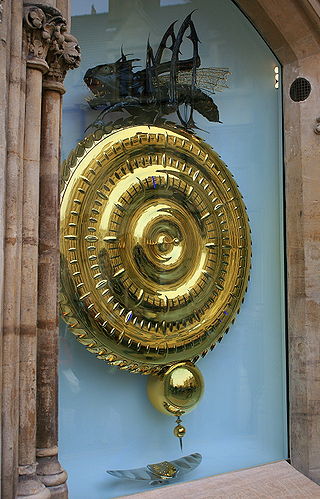
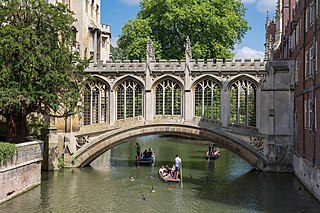
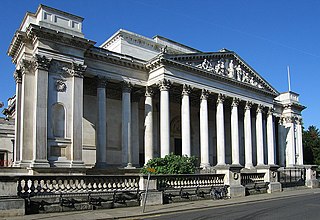
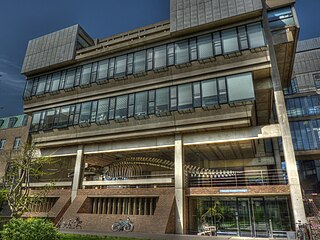
.jpg)
